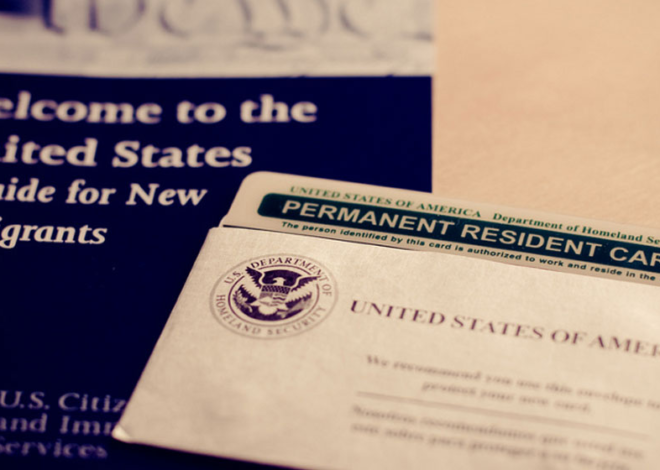
Karachi Bans Unauthorized Rickshaws on Major Roads to Address Traffic Chaos
To alleviate Karachi’s escalating traffic congestion and enhance road safety, the city authorities have implemented a phased ban on unauthorised Qingqi rickshaws operating on major thoroughfares. This initiative is part of a broader strategy to streamline urban mobility and reduce road accidents, which have become a significant concern for residents and commuters alike.
The Rationale Behind the Ban
The decision to restrict unauthorised rickshaws follows alarming statistics indicating a surge in traffic-related incidents. In the first quarter of 2025 alone, Karachi reported 207 fatalities and over 2,600 injuries due to road accidents. Qingqi rickshaws, often operating without proper registration and driven by unlicensed individuals, have been identified as a contributing factor to these incidents. Their erratic driving patterns and lack of adherence to traffic regulations exacerbate the already challenging traffic conditions in the city.
Phased Implementation of the Ban
The phased ban targets five key routes in Karachi, including II Chundrigar Road, Sharea Faisal, Khaliq uz Zaman Road, Sir Shah Suleman Road, and Rashid Minhas Road. These corridors are among the busiest in the city, and the presence of unauthorised rickshaws has been a significant impediment to smooth traffic flow. By restricting their access, authorities aim to reduce congestion and improve the overall driving experience for commuters.
Enforcement Challenges and Legal Hurdles
Despite the official ban, the effectiveness of the measure has been hindered by legal challenges. The Qingqi Rickshaw Association obtained a court injunction, allowing these vehicles to continue operating on city roads. This legal reprieve has led to confusion and inconsistency in enforcement, with some rickshaws still plying restricted routes. The authorities are currently navigating these legal complexities to ensure the ban’s full implementation.
Broader Traffic Reforms and Safety Measures
In conjunction with the rickshaw ban, Karachi’s traffic authorities have introduced several reforms aimed at improving road safety and discipline. These include mandatory helmet use for motorcyclists, stricter lane discipline, and the installation of GPS trackers and dashcams in vehicles to monitor compliance and gather evidence in case of accidents. Additionally, the city plans to deploy modern traffic monitoring systems, such as speed cameras and automatic number plate recognition technology, to detect and penalise violations effectively.
Public Response and Future Outlook
The public response to the rickshaw ban has been mixed. While many commuters welcome the move as a necessary step towards reducing traffic chaos, rickshaw drivers and their associations have expressed concerns over potential loss of livelihood. The authorities are engaging with stakeholders to address these concerns and explore alternative solutions that balance safety with economic considerations.
As Karachi continues to grapple with its traffic challenges, the success of this initiative will depend on effective enforcement, public cooperation, and ongoing dialogue between the government and affected communities. The phased ban on unauthorised rickshaws represents a critical step towards a safer and more organised urban transport system in Karachi.







